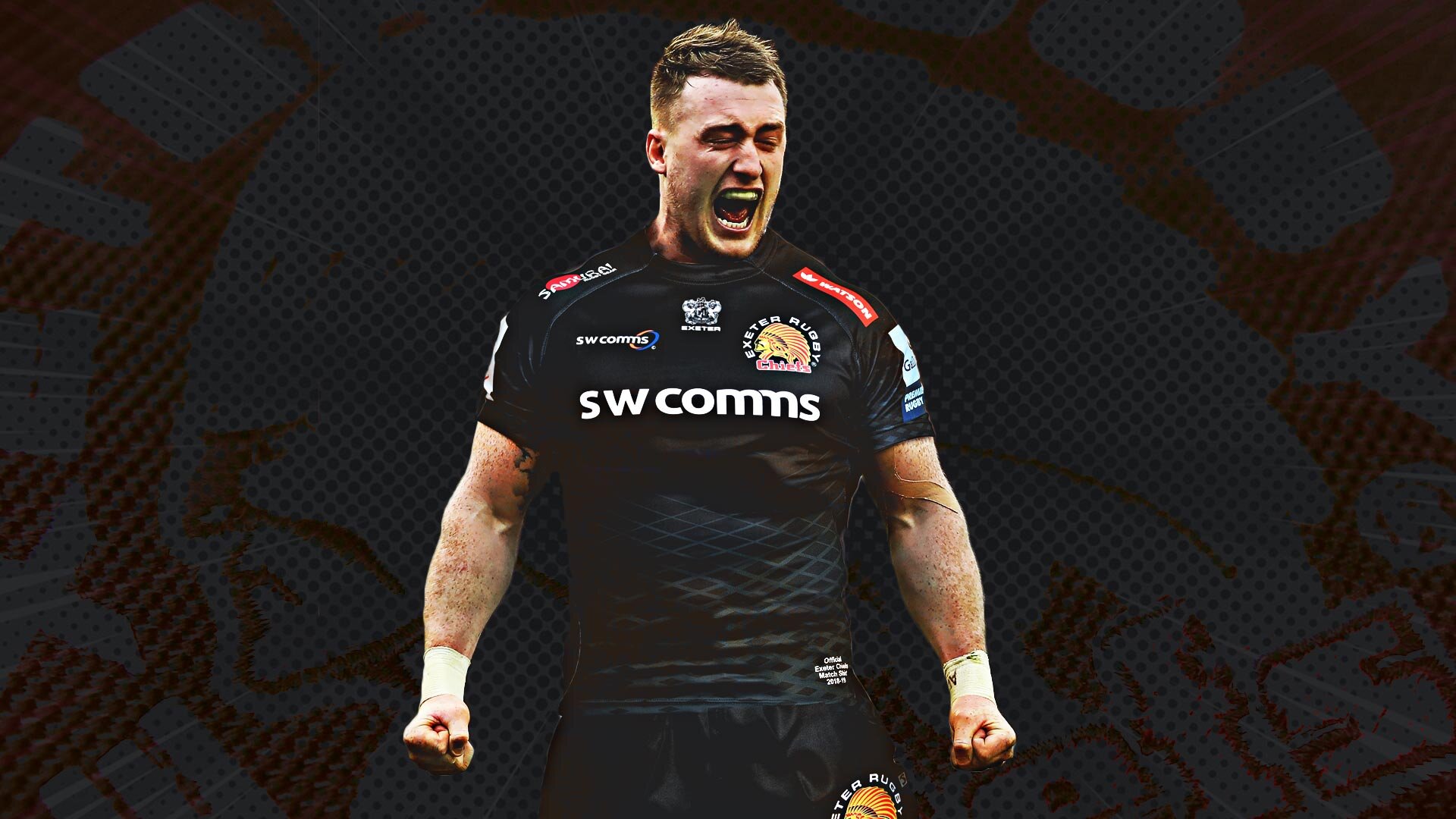The Exeter Chiefs recruitment of Stuart Hogg is a brilliant power play

The signing of Scotland’s fullback Stuart Hogg by the Exeter Chiefs on a two-year deal brings a sense of excitement and anticipation as the Chiefs look to re-tool in order to regain ascendancy in the Gallagher Premiership.
The league leaders are still at the height of their game this season with six from six in the Premiership, but with one title out of three straight final appearances and early European exits, the Chiefs are still intent on maximizing this period of success.
Bringing in the star fullback doubles down on Rob Baxter’s possession-based high-tempo attacking strategy, having another unique talent as an interchangeable part to install in his system. The astute addition of Argentinian winger Santiago Cordero has already turned out to be a perfect fit – adding Hogg to the mix might just be better.
Perhaps the success of Cordero’s transition has increased the willingness of the Chiefs to do more than slightly dip their toes in the recruitment market, the splash signing of a global superstar like Hogg is the highest profile signing they have made yet. Indeed, Rob Baxter called the signing a ‘statement’.
If the 26-year-old can become fully fit and healthy at Sandy Park, he will surely slot into the starting number 15 jersey in a back three that is starting to get crowded. Welsh winger Alex Cuthbert arrived on a three-year deal in March, unheralded power wing Olly Woodburn is currently on the mend from a broken jaw, England utility back Jack Nowell is a frontline starter, and the new toy Cordero is only on a one-year commitment.
If they can retain all of them, the Chiefs strike power out wide will be unrivaled in the Premiership. Particularly, a back three of Hogg, Cordero, and Nowell, will be an uncontainable unit of razor-sharp shifters, capable of unseen footwork that will cause headaches left, right and centre.
The style of Exeter’s play is the most enticing part of this move. One of the most under-rated parts of any contract decision for a player is weighing up how the new team will actually improve their game.
Often big money moves result in fat wallets but if the move is to a disjointed organisation with poor coaching and substandard game strategy, it will generally lead to unhappiness for those with natural competitive instincts. Stuart Hogg needn’t have any such concerns at this point.
Exeter’s mauling game and tight play inside the 22 is traditional, but outside that zone is where the fun and games start. The Chiefs are a high-tempo backs-driven team, using width and utility backs to attack the edges frequently. Wingers are no longer just ‘wingers’ they are extra fullbacks and midfielders available to pop up everywhere.
Against Castres in their last Champions Cup pool match, Cordero himself notched 20 carries, while Nowell had 14. Centre Henry Slade managed 15, fullback Phil Dollman had 11. There is no shortage of touches, there will be plenty to go around and Hogg will get his.
This signing is a power play by Exeter, a sign that they are willing to continually evolve and not let this era slip away without doing everything possible to win more silverware. As Baxter put it, they want to reach ‘that next level’ – bringing in Hogg could do just that.
More reaction:
Why Hogg had to leave Scotland
In other news:





































































